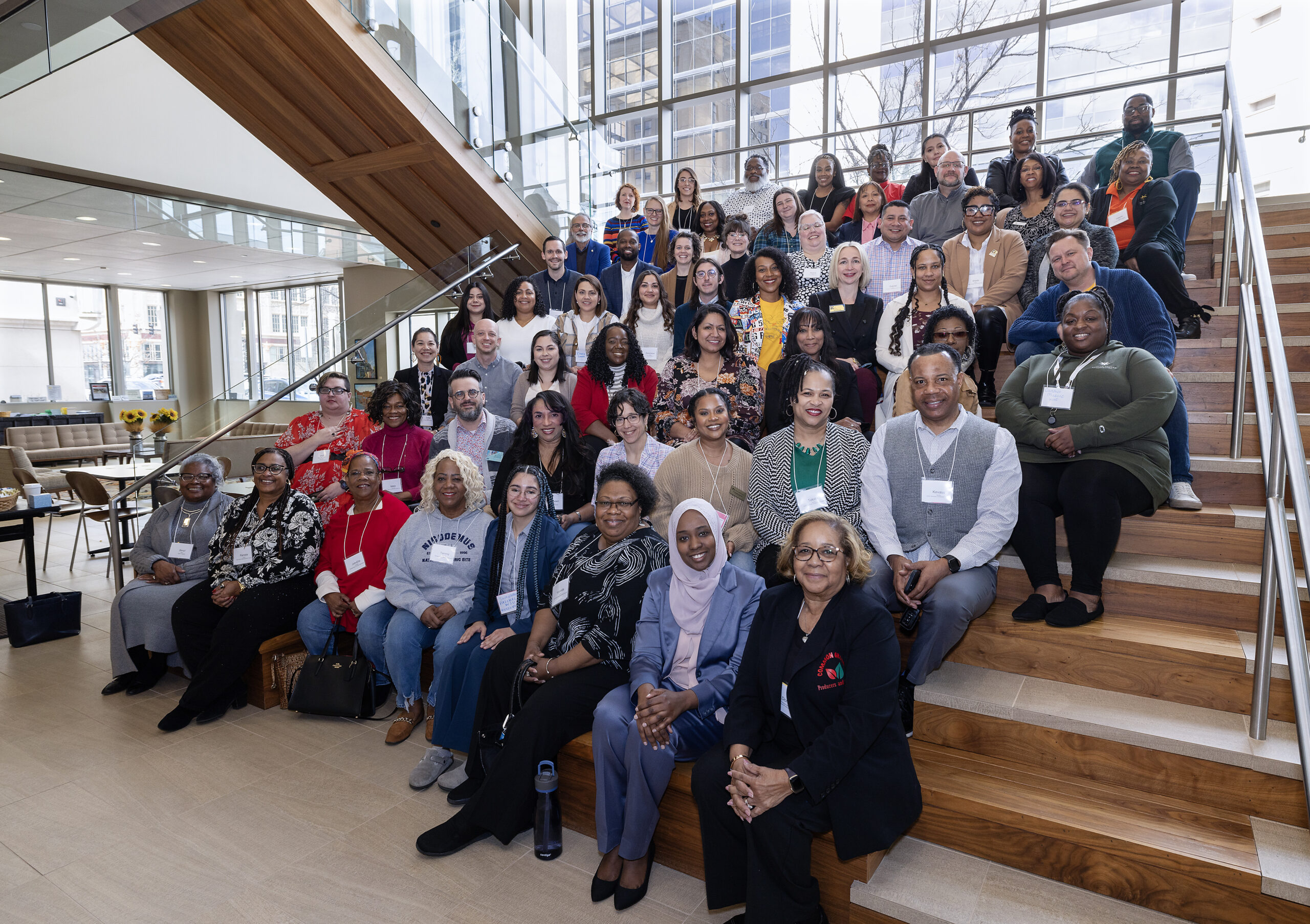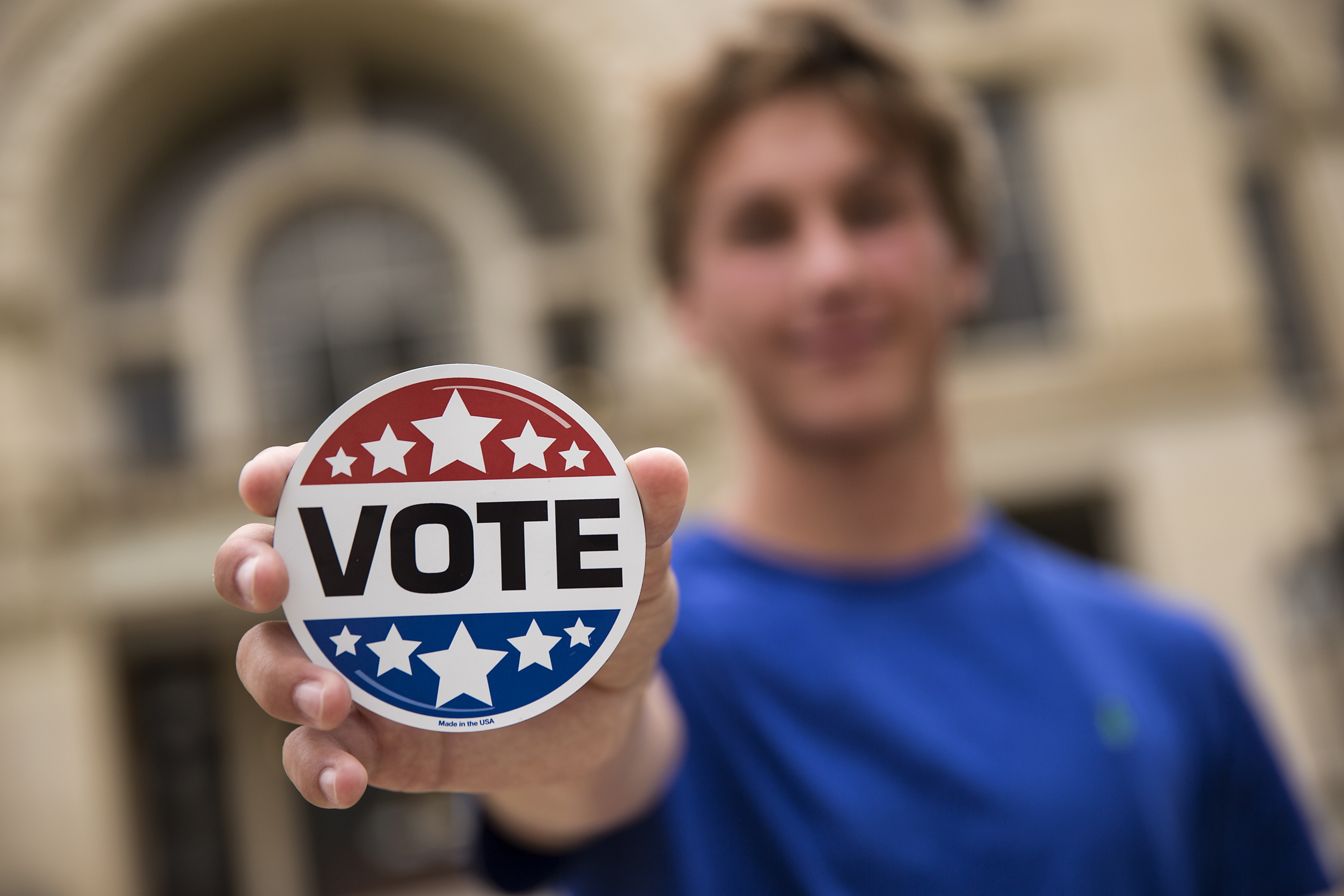- Initiatives
Initiatives
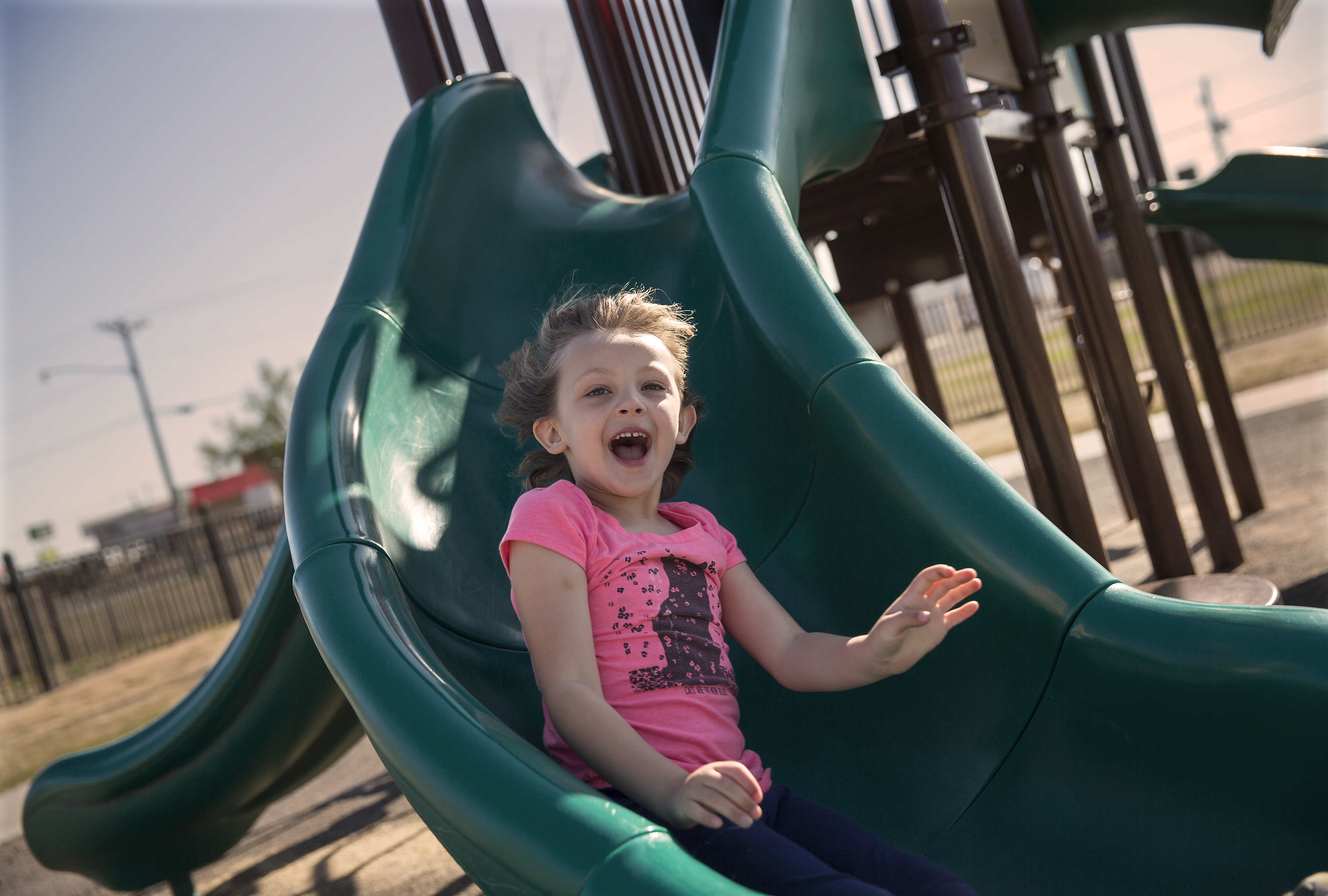
If you truly want to see how KHF spends its time, energy and resources, we invite you to view the active initiatives happening throughout Kansas.
- Opportunities

Opportunities
Learn more about what opportunities mean at KHF, including for both funding and participation.

Current Opportunities
At any given time, we may have multiple available opportunities. This could include grants, sponsorships or when we seek your opinions.
- News & Views
News and Views
Want to see our latest news releases? Interested in insights and opinions from our team members? This is the place to find it all!

News
See the latest news releases from KHF, including information on initiatives, opportunities and people.
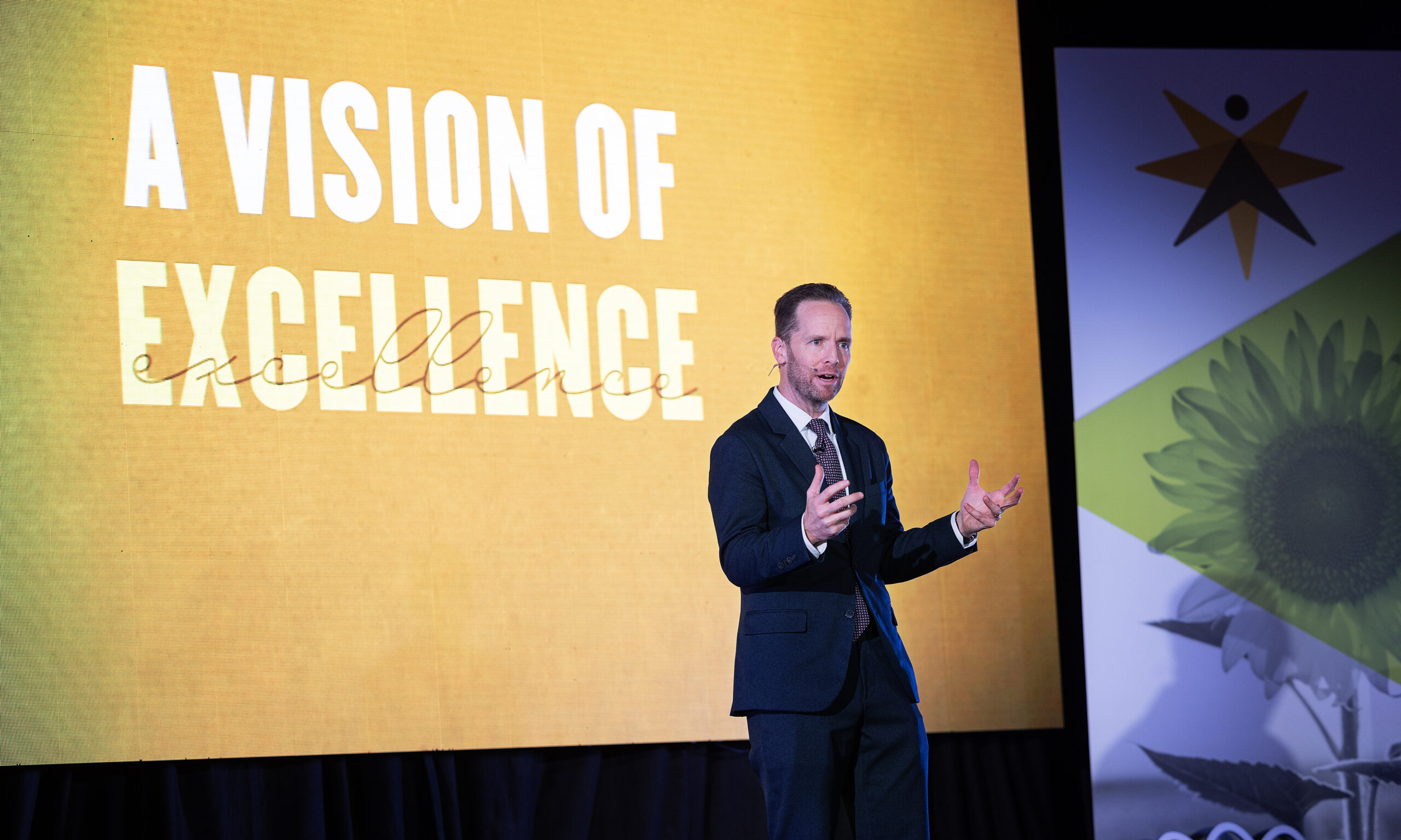
Blog
Whether it's our staff or our board, the people associated with KHF have unique expertise and insights. Through this blog, you can read more about the topics that are important to us.
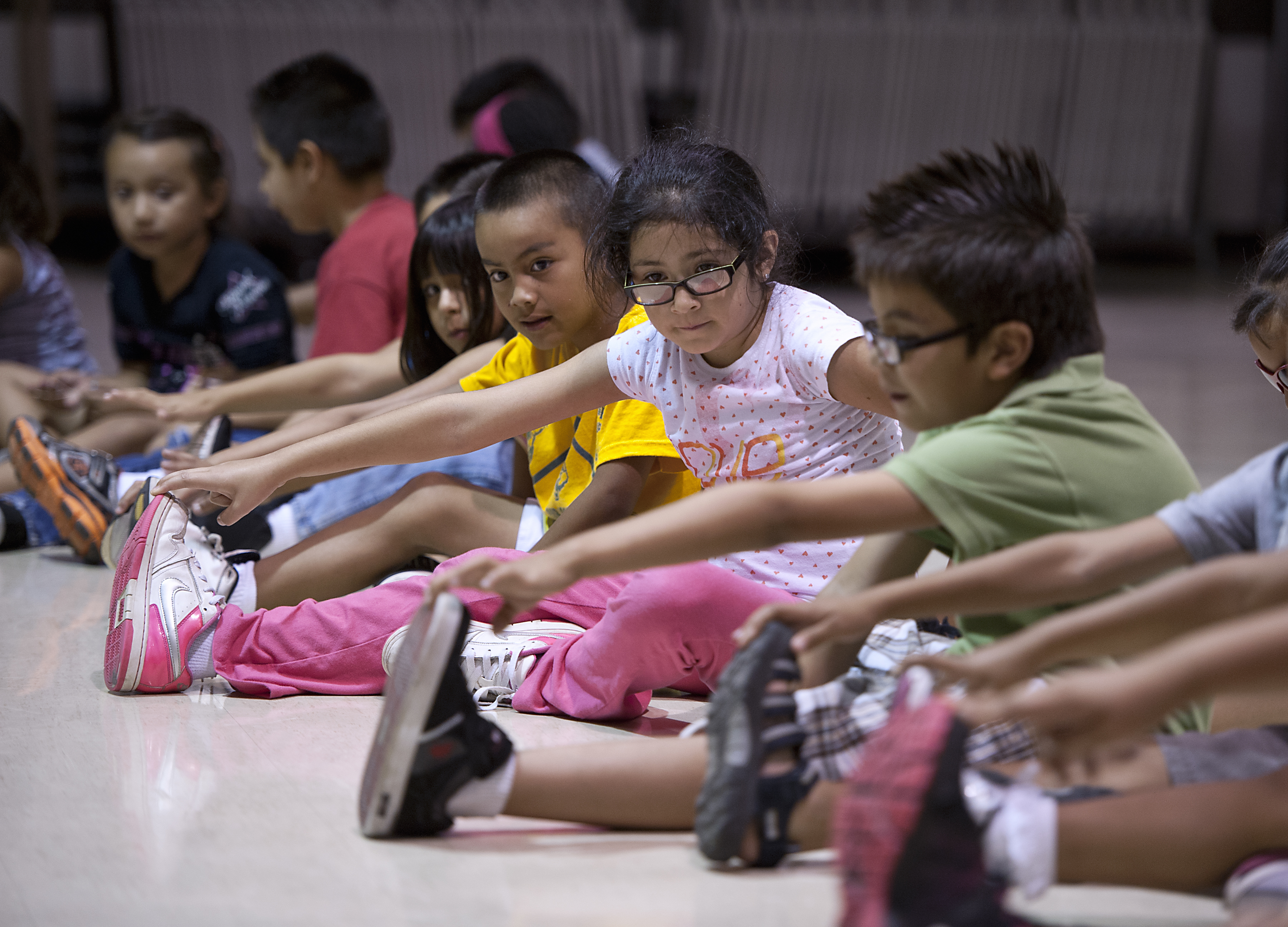
Stories
Want to know about the impact our partners are having across the state? Here, we try and share stories of impact and effort taking place each day.
- About Us
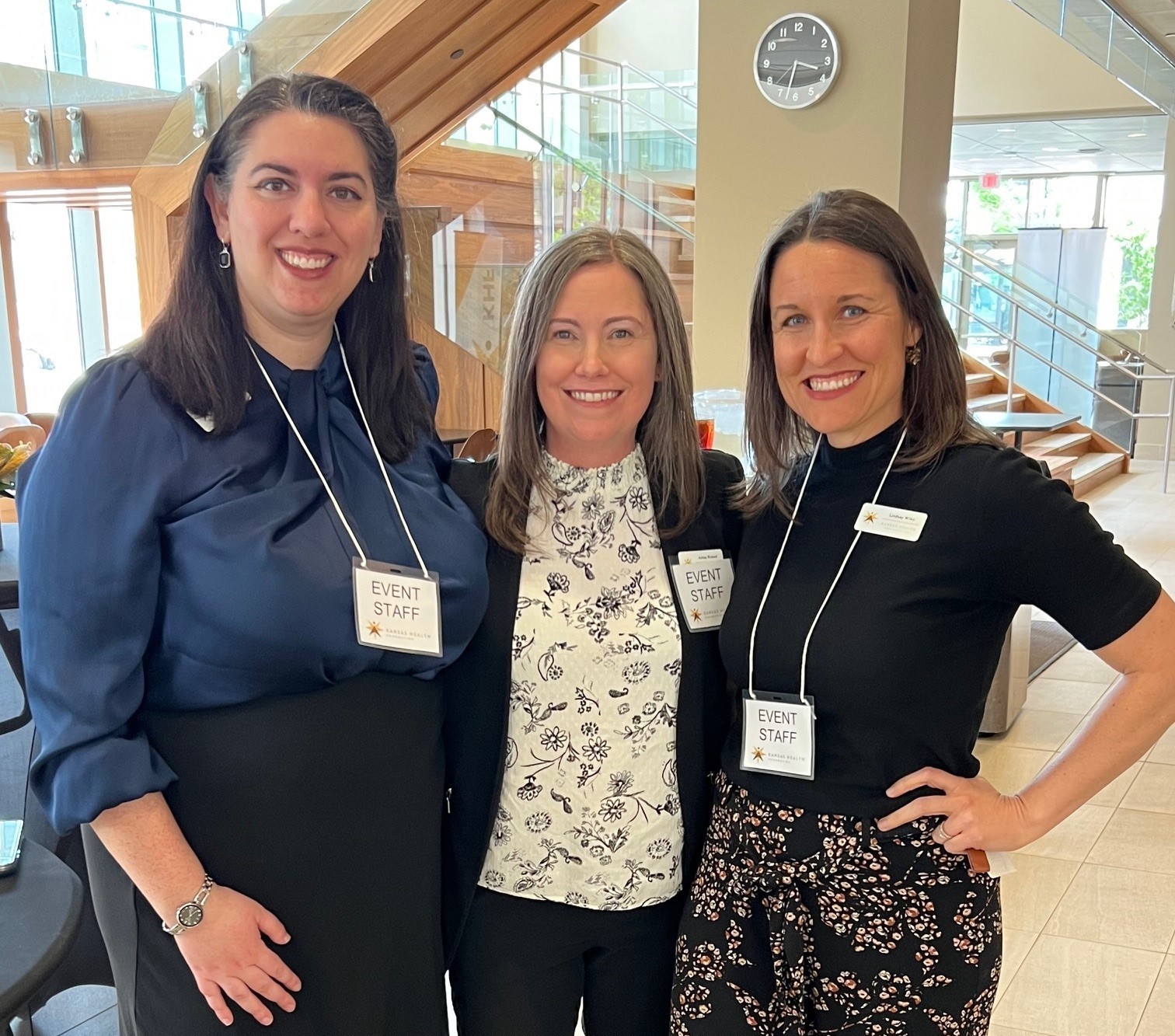
Who We Are
See a high-level overview of our work, our strategies, our team and our history.
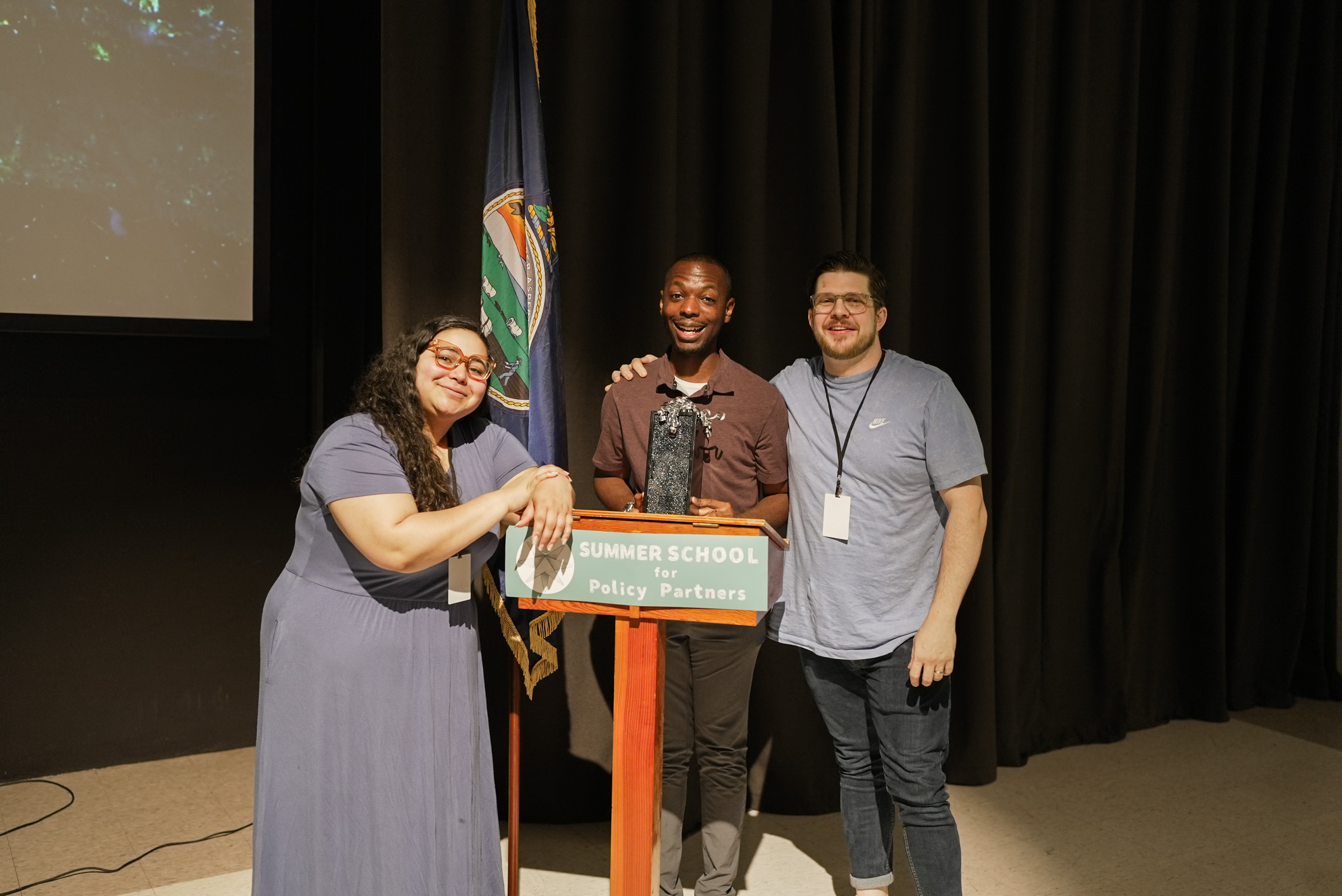
Our Team
Learn more about the people that make KHF a place of both impact and enjoyment.

Financial Information
We try to always be effective stewards of the KHF endowment. Learn more about our finances and how they're managed.

Careers
Check here to see of any job postings and more information about working with us.
Community Impact
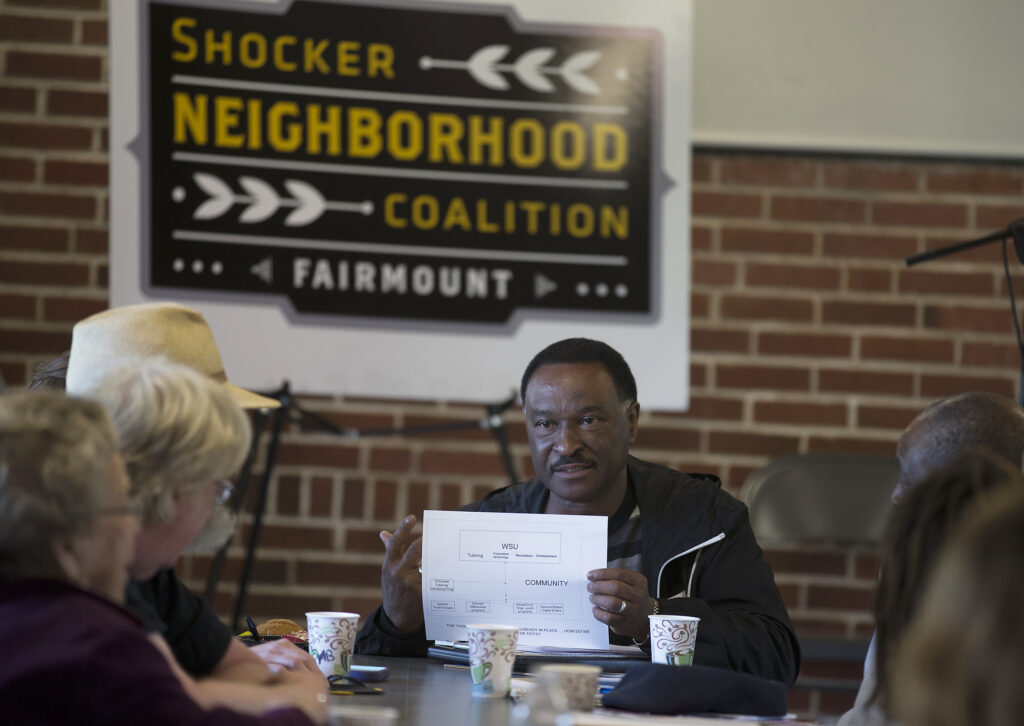
Overview
Have you heard the word “disparities?” When applied to health, this essentially means there’s a difference in health outcomes from one group/demographic/population to another. The Kansans in rural areas might not have the same access to mental health providers. Those living in urban areas might not have the same availability of parks or green spaces on which to be active physically. Some neighborhoods don’t have a grocery store near them to access fresh fruits and vegetables. Those without at least a high school diploma don’t have the same career prospects as those who’ve reached that milestone.
We want Kansas to be a place where we don’t see the types of inequities that lead to health disparities. Whether the disparity is along the lines of race, income, geography or education, our goal is to eliminate the inequity, as discussed in our three-part purpose statement.
What We’re Doing
To best work to eliminate these inequities, we’re working in three primary ways:
- Coaching/Support: We have personnel specifically working on community-based challenges. They’re trained and certified to provide guidance, advice and expertise to both the communities themselves, and the organizations working to assist those communities.
- Funding: A chunk of our grantmaking every year goes to general funding support for nonprofit organizations working directly with those experiencing the greatest health disparities.
- Influence: We want to build the power and influence of organizations and communities experiencing the greatest health disparities. Sometimes, this means inviting different voices to the “table.” Other times, it means helping them create a “table” of their own.
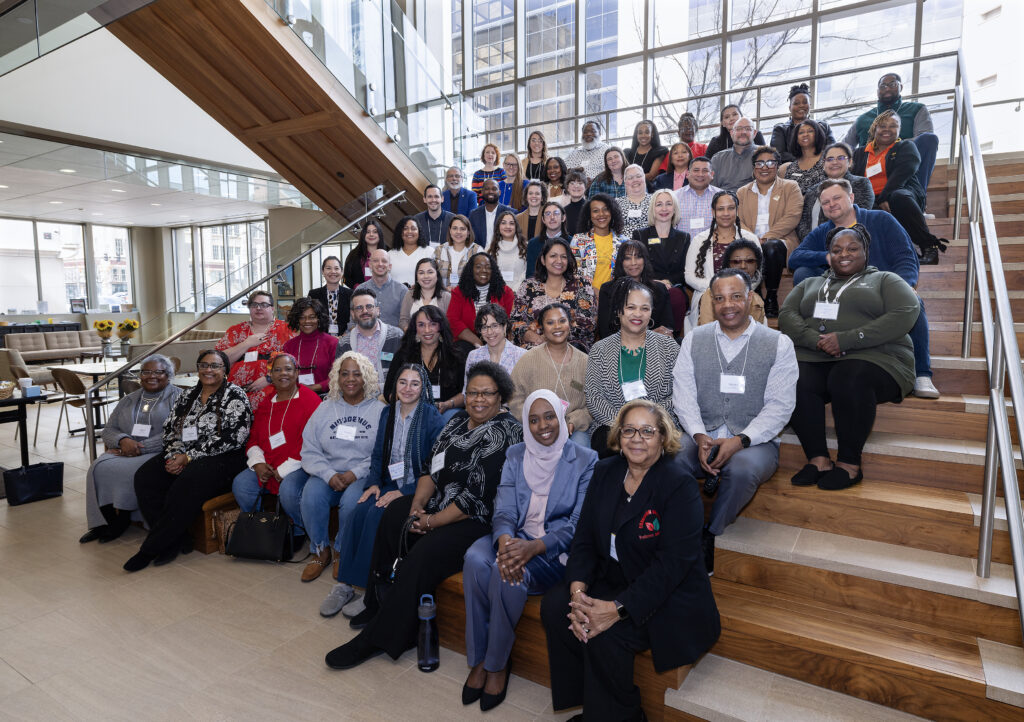
Our Primary Investment
There’s no way we can empower Kansas to lead the nation in health by making healthy people healthier. That means eliminating inequities is central to all parts of our three-part purpose statement. The primary investment in our community impact work is through the Building Power and Equity Partnership (BPEP) initiative.
BPEP is built around a partnership with 30 different nonprofit organizations, each of which are uniquely positioned to impact the communities they serve. All together BPEP represents a 10-year, $30 million commitment by KHF to the idea of eliminating disparities and the belief in how we can best impact communities.
To learn more about the BPEP initiative, please click here.


